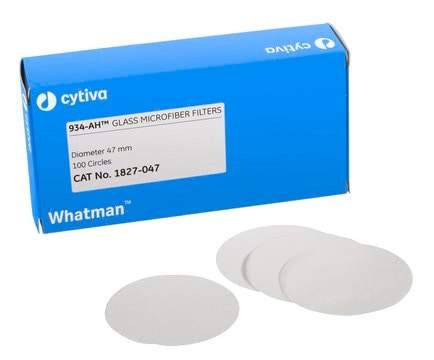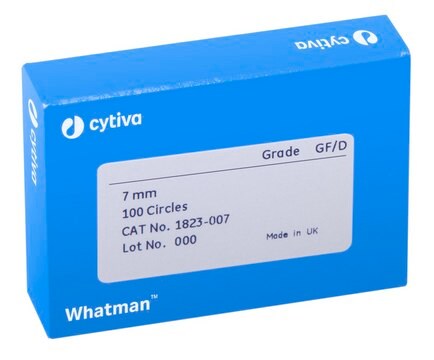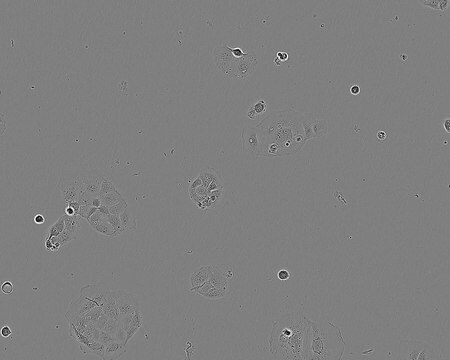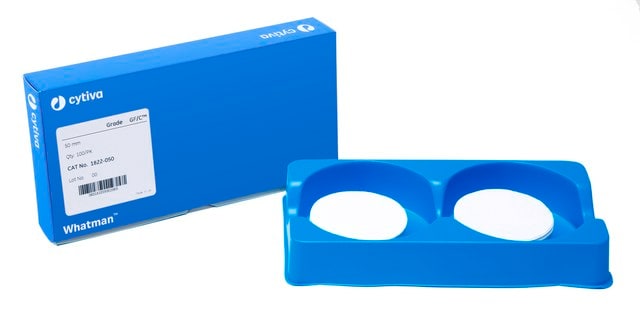MG-63 Cell Line human
86051601, human bone, Fibroblast
Synonym(s):
MG63 Cells
Sign Into View Organizational & Contract Pricing
All Photos(1)
About This Item
UNSPSC Code:
41106514
biological source:
human bone
growth mode:
Adherent
karyotype:
Modal no. 66; hypotriploid
morphology:
Fibroblast
products:
Inducible interferon
receptors:
Not specified
relevant disease(s):
cancer
Recommended Products
Product Name
MG-63 Cell Line human, 86051601
biological source
human bone
description
Human osteosarcoma
growth mode
Adherent
karyotype
Modal no. 66; hypotriploid
morphology
Fibroblast
products
Inducible interferon
receptors
Not specified
technique(s)
cell culture | mammalian: suitable
relevant disease(s)
cancer
shipped in
dry ice
storage temp.
−196°C
Cell Line Origin
Human osteosarcoma
Cell Line Description
From an osteosarcoma of a 14 year old male. Produces high yields of interferon following superinduction with polyinosinic acid-polycytidilic acid, cyclohexamide and actinomycin. Antigenically, MG-63 interferon is more closely related to human fibroblast than to leukocyte interferon.
Application
Human MG-63 cell line has been used:
- to investigate the cytotoxicity of acrylic bone cement extracts on MG-63 cells
- to fabricate three-dimensional (3-D) niches and study the cell viability, adhesion and proliferation of MG-63 cells
- as a positive control for immunostaining procedure
- to study the interactions and effects of lysophosphatidate functionalized titanium on MG-63 cells
Interferon-induction studies
DNA Profile
STR-PCR Data: Amelogenin: X,Y
CSF1PO: 10,12
D13S317: 11
D16S539: 11
D5S818: 11,12
D7S820: 10
THO1: 9.3
TPOX: 8,11
vWA: 16,19
CSF1PO: 10,12
D13S317: 11
D16S539: 11
D5S818: 11,12
D7S820: 10
THO1: 9.3
TPOX: 8,11
vWA: 16,19
Culture Medium
EMEM (EBSS) + 2mM Glutamine + 1% Non Essential Amino Acids (NEAA) + 10% Foetal Bovine Serum (FBS).
Subculture Routine
Split sub-confluent cultures (70-80%) 1:3 to 1:6 i.e. seeding at 2-4x10,000 cells/cm2 using 0.25% trypsin or trypsin/EDTA; 5% CO2; 37°C.
Other Notes
Additional freight & handling charges may be applicable for Asia-Pacific shipments. Please check with your local Customer Service representative for more information.
related product
Product No.
Description
Pricing
Choose from one of the most recent versions:
Certificates of Analysis (COA)
Lot/Batch Number
Sorry, we don't have COAs for this product available online at this time.
If you need assistance, please contact Customer Support.
Already Own This Product?
Find documentation for the products that you have recently purchased in the Document Library.
Our team of scientists has experience in all areas of research including Life Science, Material Science, Chemical Synthesis, Chromatography, Analytical and many others.
Contact Technical Service







